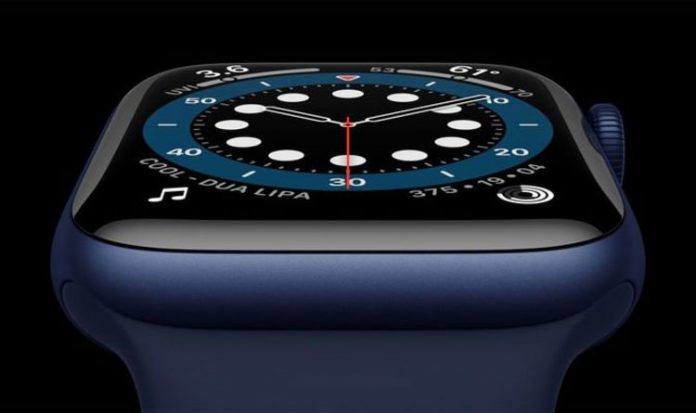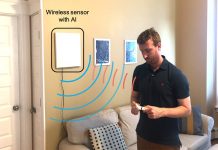This data was used in conjunction with information about other Covid-19 symptoms such as loss of taste and smell, fever, aches, dry cough and gastrointestinal issues.
Besides being able to detect Covid-19 a week before tests were able to provide a positive result, the study also found those involved in the research saw their HRV patterns normalise around one to two weeks after diagnosis.
In terms of the practical applications of these findings, researchers said this would help to isolate individuals that are at risk early.
And it would also allow for Covid-19 detection to be done remotely, which would help protect any other person who would be enlisted to help provide a swap test in person.
It could also allow for precautionary measures to be taken, which could help prevent the spread of Covid in high risk cases.




